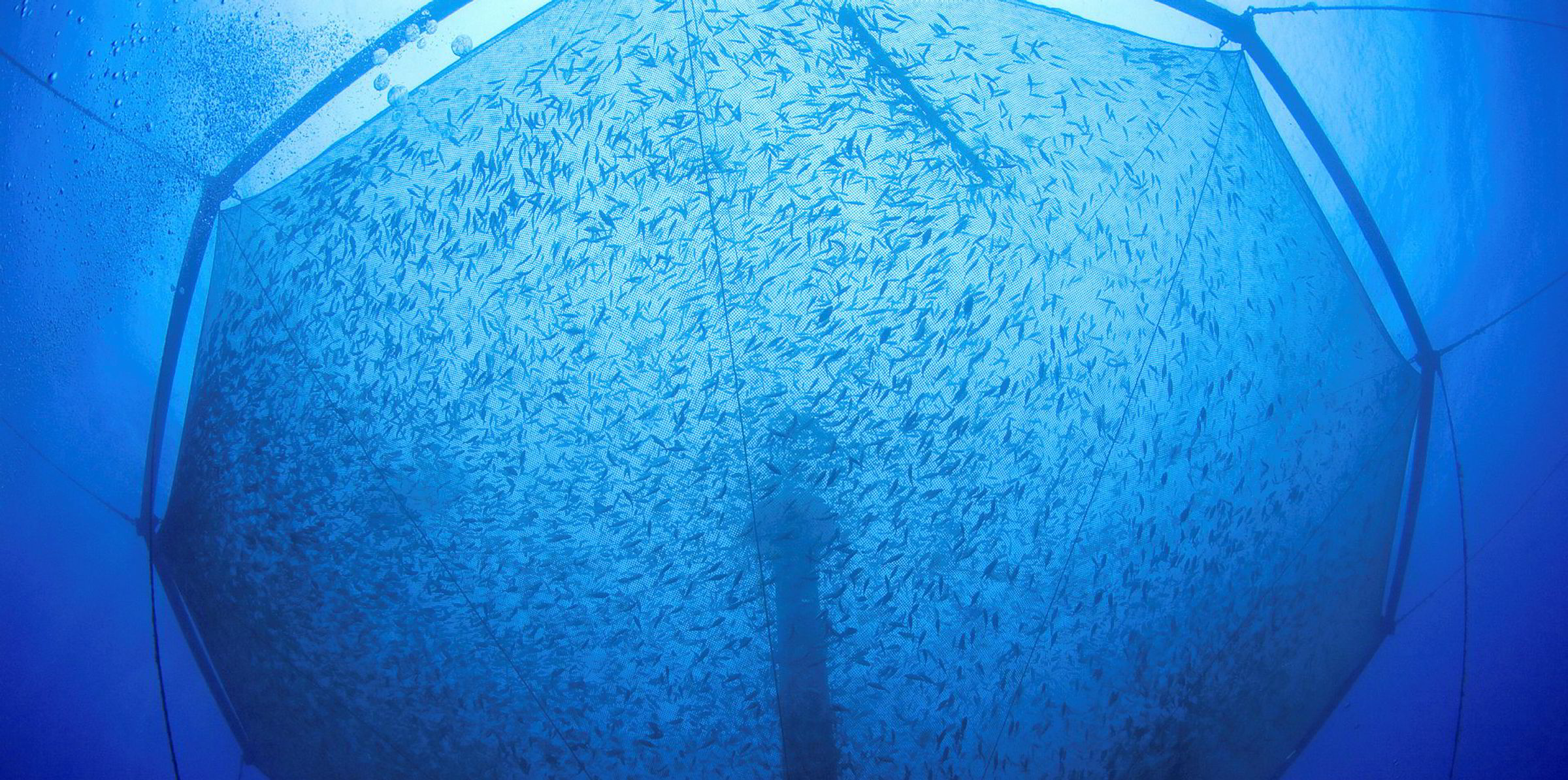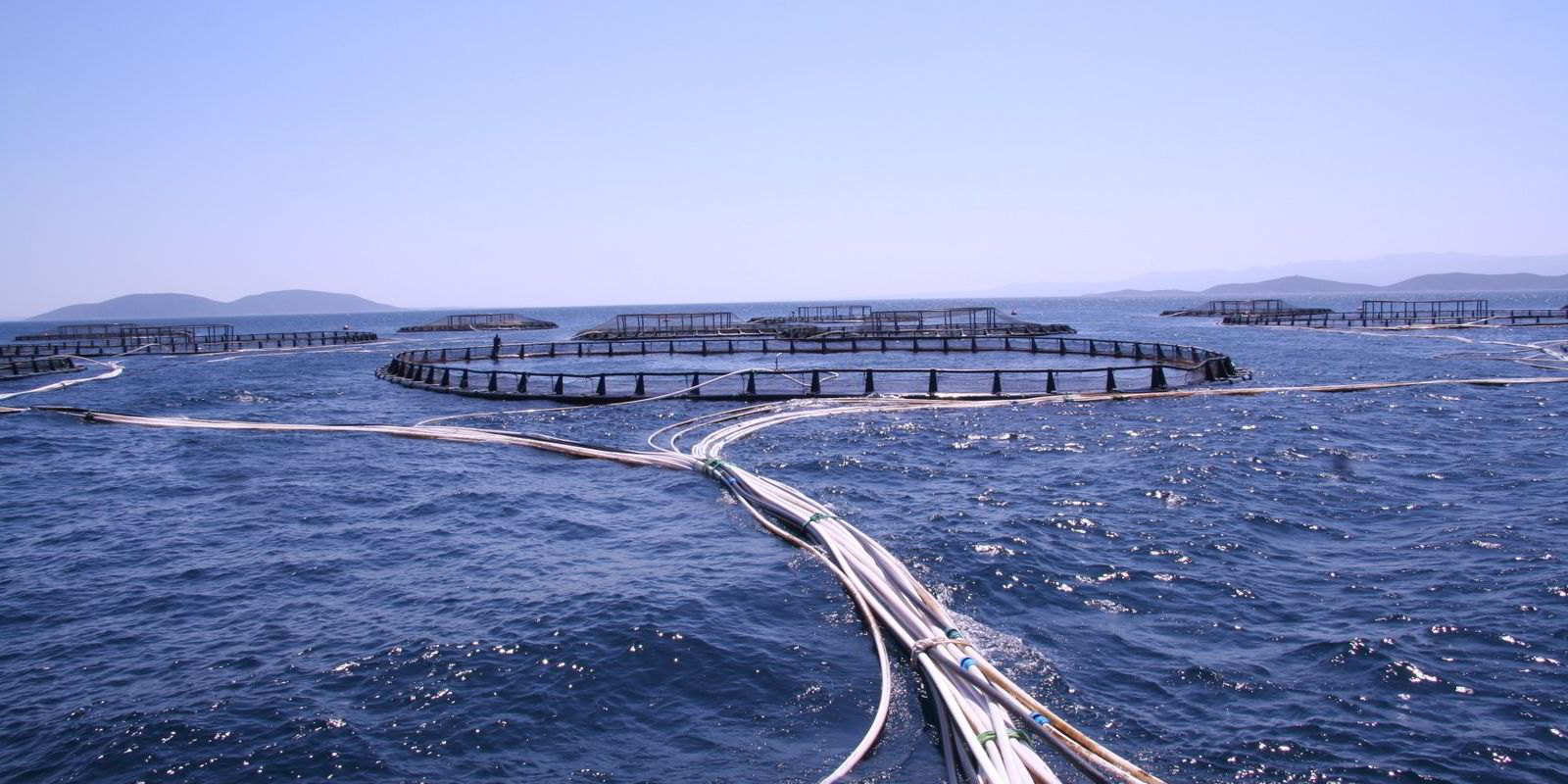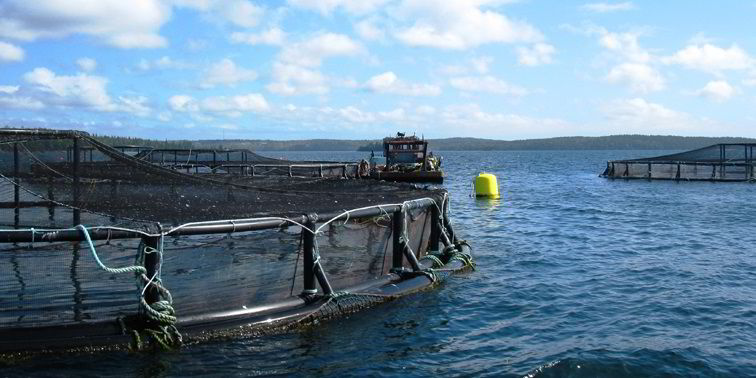Public interest group the Center for Food Safety on Tuesday won its lawsuit challenging the US Department of Commerce’s (DOC) new federal rules that would have permitted, for the first time, offshore aquaculture in US federal waters.
“This is a landmark victory for protecting our oceans, for fishing communities and conservationists,” said George Kimbrell, CFS Legal Director and lead counsel in the case. “Allowing industrial net-pen aquaculture and its known environmental harms in the Gulf of Mexico is a grave threat. Very simply, as the Court properly held, aquaculture is not ‘fishing.’ These types of harms cannot be allowed under existing fisheries law never intended for that purpose.”
The case involved permitting rules for the Gulf of Mexico, but was the test case for similar rules planned off all other US coasts.
The Federal District Court for the Eastern District of Louisiana ruled that existing fisheries management laws were never intended to regulate aquaculture (the farming of fish in net-pens), which presents different types of harms than traditional fishing, and thus Commerce did not have the authority to permit aquaculture as part of its regulation of fishing and wild fisheries.
"It is often said that 'Congress does not ‘hide elephants in mouseholes,' and this Court cannot imagine a more fitting example. Had Congress intended to give the NMFS the authority to create an entirely new regulatory permitting scheme for aquaculture operations, it would have said more than 'harvesting,'" the court said in documents.
The court concluded the DOC “acted outside of its statutory authority in shoehorning an entire regulatory scheme into a single unambiguous word.” '
The decision means that offshore aquaculture will not be permitted in the US federal waters of the Gulf under existing law, potentially sending regulators back to the drawing board if they want to create an offshore aquaculture industry in the United States.
The Center for Food Safety was working on behalf of fishing and environmental groups in the Gulf.
The plaintiff's coalition includes: the Gulf Fishermen’s Association; Gulf Restoration Network; Charter Fishermen’s Association; Destin Charter Boat Association; Alabama Charter Fishing Association; Fish for America, USA, Inc.; Florida Wildlife Federation; Recirculating Farms Coalition; and Food & Water Watch.
The federal permitting plan, struck down by the court, would have allowed up to 20 aquaculture facilities and collectively 64 million pounds of fish to be grown each year in the Gulf.
The court said the Magnuson Stevens Act is a conservative statute aimed at the conservation and management of marine resources.
"Fish farmed in aquaculture are neither 'found' off the coasts of the United States nor are they 'natural resources,'" the court said. "Because this Court is obligated...to 'hold unlawful and set aside agency action, findings, and conclusions . . . in excess of statutory . . . authority,' the regulations are vacated."



